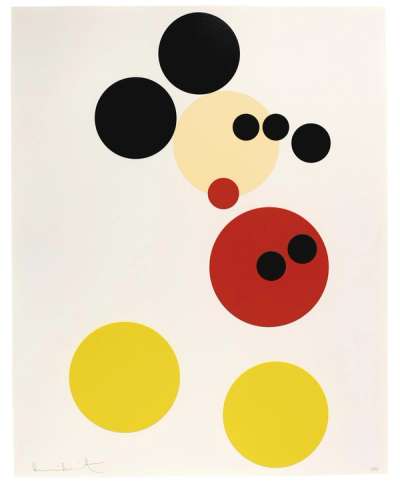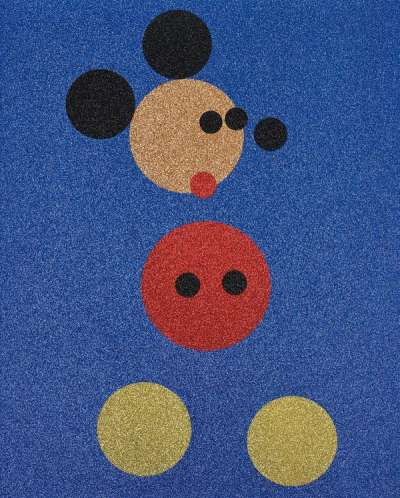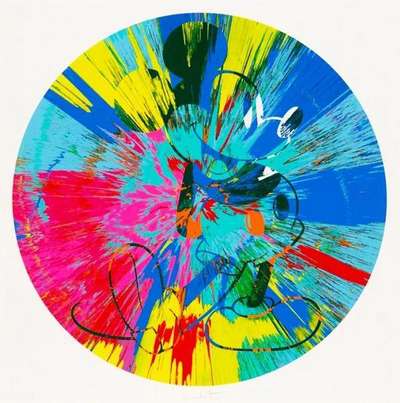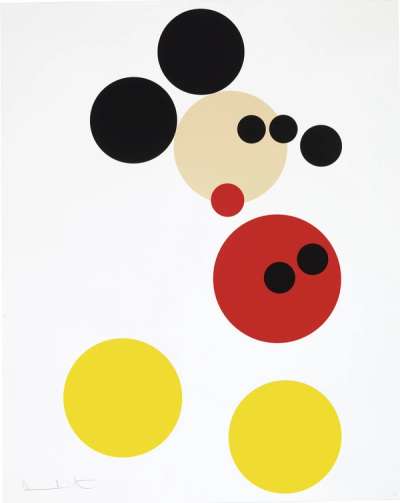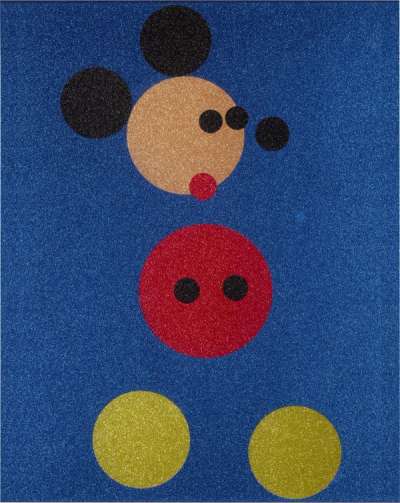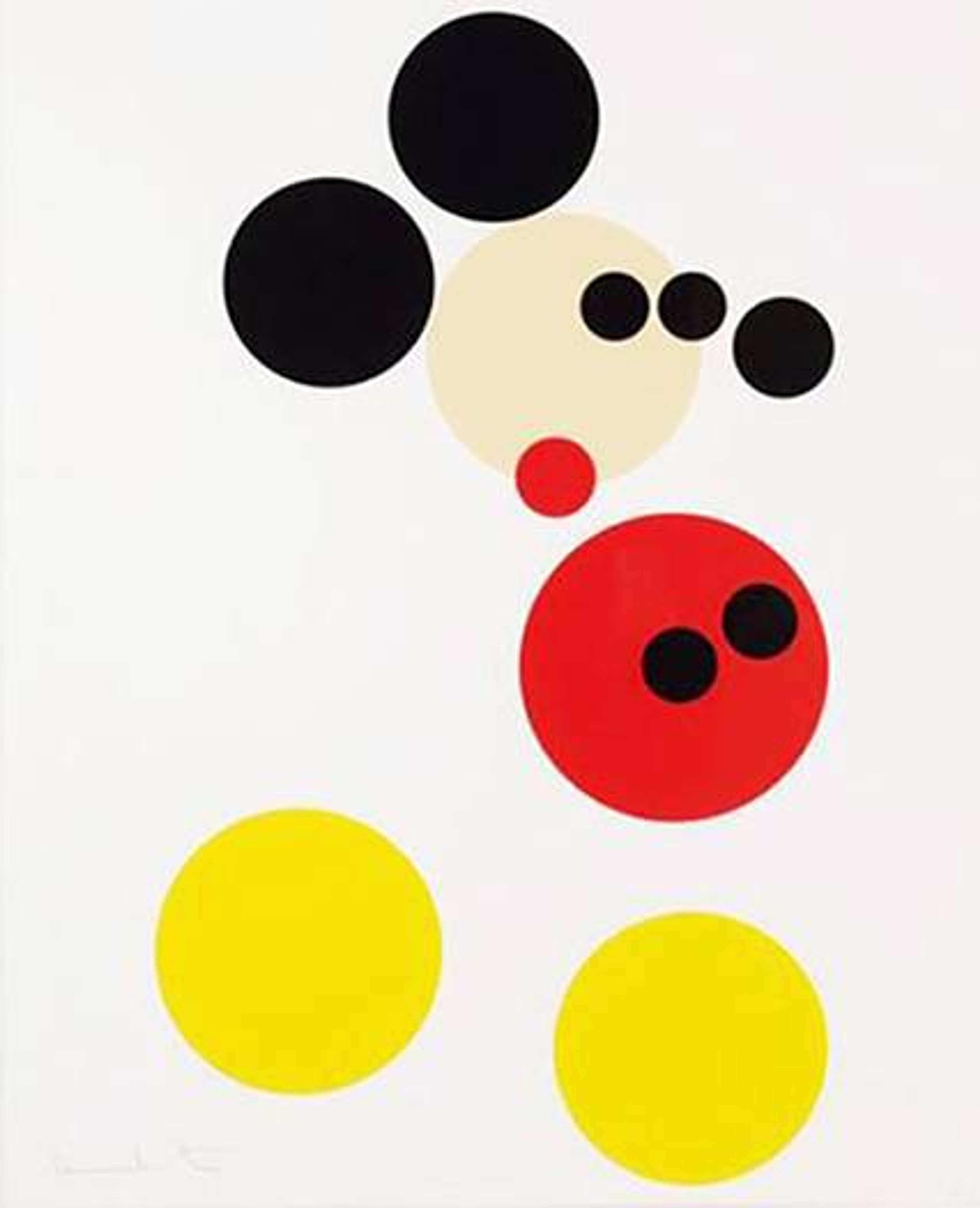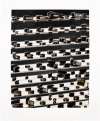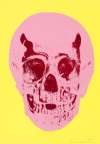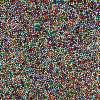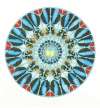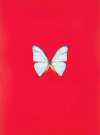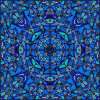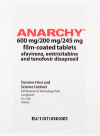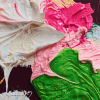Mickey
Mouse
Damien Hirst’s 2016 Mickey Mouse prints, commissioned by Disney, led him to join the ranks of artists—including Warhol—who depicted Mickey. True to his visual language, Hirst renders Mickey in the style of his Spot paintings, with boldly coloured circles composing his body, or swallowing him whole.
Damien Hirst Mickey Mouse For sale
Mickey Mouse Value (5 Years)
Works from the Mickey Mouse series by Damien Hirst have a strong market value presence, with 84 auction appearances. Top performing works have achieved standout auction results, with peak hammer prices of £56250. Over the past 12 months, average values across the series have ranged from £12763 to £30000. The series shows an average annual growth rate of 2.53%.
Mickey Mouse Market value
Auction Results
| Artwork | Auction Date | Auction House | Return to Seller | Hammer Price | Buyer Paid |
|---|---|---|---|---|---|
 Mickey (small) Damien Hirst Signed Print | 26 Oct 2025 | SBI Art Auction | £10,625 | £12,500 | £14,500 |
 Mickey (blue glitter, large) Damien Hirst Signed Print | 5 Jun 2025 | Phillips London | £21,250 | £25,000 | £35,000 |
 Mickey (large) Damien Hirst Signed Print | 5 Jun 2025 | Phillips London | £23,800 | £28,000 | £40,000 |
 Beautiful Mickey Damien Hirst Signed Print | 25 Oct 2024 | Phillips London | £12,750 | £15,000 | £20,000 |
 Mickey (blue glitter, small) Damien Hirst Signed Print | 7 Jun 2024 | Phillips London | £6,800 | £8,000 | £11,000 |
Sell Your Art
with Us
with Us
Join Our Network of Collectors. Buy, Sell and Track Demand
Meaning & Analysis
Inspired by the ubiquitous cartoon character, Hirst’s Mickey Mouse prints were commissioned by Disney in 2016 to be rendered in his signature style. The series originated through a commission, as Hirst was asked by Disney to remake Mickey Mouse in his signature artistic style. Other artists, such asAndy Warhol, Roy Lichtenstein and Claes Oldenburg have also produced artworks inspired by the popular cartoon character.
Staying true to his visual language and style, in these prints, Mickey and Minnie Mouse are rendered in the style of a spot painting, with large circles in bright and bold colours being used to compose the characters’ bodies. The incorporation of spots is a signature feature of Hirst’s visual language, as evidenced by his impressive Spot series and Hirst was clearly influenced by the Pointillist movement and their style of painting in which small, distinct dots were used to create large paintings. Hirst explains why he chose to compose Mickey and Minnie Mouse using a variety of different sized spots, elaborating: 'Mickey Mouse represents happiness and the joy of being a kid and I have reduced his shape down to the basic elements of a few simple spots. I hope people love it, because it is still instantly recognisable - Mickey is such a universal and powerful icon.'
Mickey Mouse has become an icon of cartoon and consumer culture, closely associated with the United States and globalisation. By using such a universally recognised figure as the central inspiration for this series of prints, Hirst blurs the boundaries between high and low culture, transforming a symbol of popular culture into a work of fine art. The influence of Warhol and the Pop Art movement is apparent in this aspect of Hirst’s work. Warhol was for producing prints of everyday objects and consumer goods, such as high heel shoes or Campbell’s Soup cans and demanding they be viewed as works of art.
Discussing the symbolism of Mickey Mouse, Hirst explains that the character, and his lifelong companion Minnie are timeless icons. The cartoons have remained ingrained in society's collective cultural consciousness and mean the same in the 21st century as they did decades ago. Hirst elaborates 'the thing about Mickey is that even though he’s gone through so many shifts in form and association, he’s timeless.'
